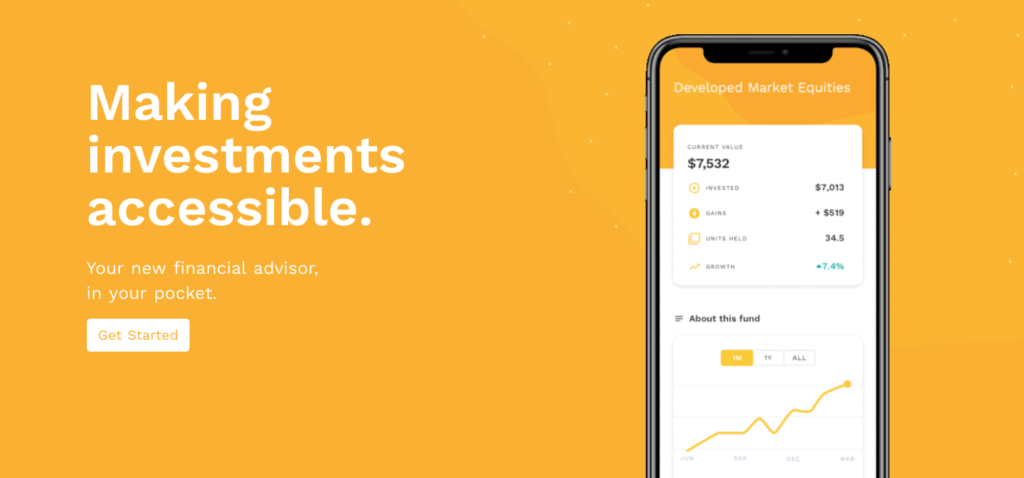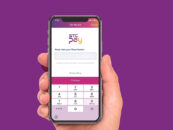Saudi Arabia’s capital markets watchdog has granted Haseed Investing Company and Wahed Capital a Fintech ExPermit, allowing the two companies to test their robo-advisory services, the Capital Market Authority (CMA) of Saudi Arabia informed.
With the permit in hand, the companies are allowed to experiment robo-advisory solutions and provide customers with automated online platforms and applications that give users direct advice on securities or investment scheme.
The two companies are also permitted to offer automated online discretionary investment management where they are given the responsibility to invest clients’ money on their behalves, within parameters and mandates agreed upon.
Wahed Capital is an America-based Halal-focused investment firm. The company claims its Wahed Invest platform is the first Sharia-compliant robo-advisor aimed toward Muslim investors. The platform allows users in over 130 countries to start investing with as little as US$100.
Wahed Capital started serving the US market in 2017 and launched in the UK in 2018 before opening up the robo-advisory service globally this year, with a main focus on markets across the Middle East and North African (MENA) region, as well as Nigeria, India and Pakistan.

Wahed homepage, wahedinvest.com
Haseed is a newer platform that has yet to start operating. The platform aims to provide “the easiest investment experience with a fully automated digital financial advisor” and like Wahed, will invest in Sharia-compliant assets.

Haseed homepage, haseedinvest.com
Wahed and Haseed are the latest two companies to have been granted a Fintech ExPermit. Others that have been permitted to test out fintech solutions include Crowdfunding Limited Company (Scopeer), Manafa Capital, and Falcom Financial Services Company. All three received regulatory approval to create and experiment with equity crowdfunding platforms.
Saudi Arabia has been working toward turning the country into a major fintech hub. Over the past years, government agencies and regulators have launched several initiatives aimed at encouraging fintech innovation and attract foreign players. Besides the Fintech ExPermit, other fintech initiatives include Fintech Saudi, which focuses on supporting the fintech ecosystem and comes as part of Saudi Arabia’s Vision 2030 strategy to support entrepreneurship and the enhancement of fintech services, as well as the establishment of a regulatory sandbox that allows both domestic and international companies to test out innovative solutions they intend to launch in the country.
But Saudi Arabia isn’t the only country in the region that’s been striving to become a major fintech powerhouse. Regulators in MENA including those in the United Arab Emirates (UAE) and Bahrain have too taken steps to facilitate financial innovation and fintech adoption.
Last month, the Financial Services Regulatory Authority (FSRA) of Abu Dhabi Global Market (ADGM) issued a regulatory framework for digital investment managers, or robo-advisors, operating in the financial free zone in a bid to provide greater clarity on how the activity is regulated in ADGM and boost fintech development.
In Bahrain, cryptocurrency exchange Rain recently received regulatory approval from the country’s central bank, and claims to be the first crypto exchange to earn a license in the Middle East.
But a new initiative revealed earlier this year is looking to “foster an open dialogue” between the region’s fintech communities and encourage the development of the sector across MENA as a whole.
Non-profit organization MENA Fintech Association was set up to represent the growing number of fintech firms in the region, and counts among its founding board members individuals representing the likes of Temenos, Karm, Bolton Holdings, Etisalat and KPMG.
MENA Fintech Association has already established 46 country bridges globally including with Bahrain, Switzerland, Mexico, Canada, Japan, Hong Kong, Singapore and Turkey.
The non-profit is registered in the ADGM free zone but plans to set up registered outposts in other MENA markets, including Egypt, Morocco, Bahrain and Lebanon.
Featured image credit: Pixabay







